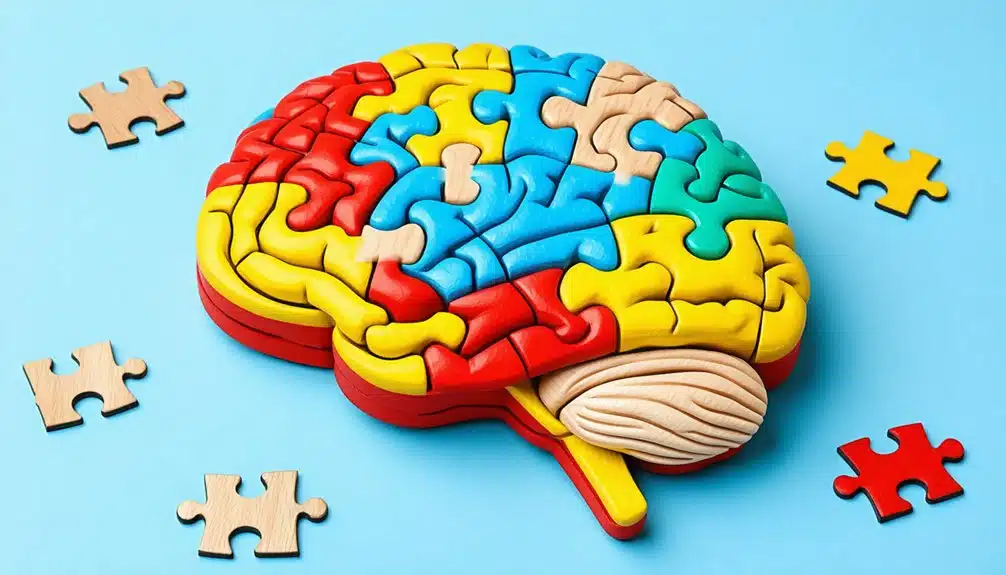Pediatrics is a medical specialty focused on the health of infants, children, and adolescents. This field addresses both their physical well-being and development. Here is more information on pediatric illnesses, including their types, causes, symptoms, and management strategies:
What Is Pediatrics?
Pediatrics is the branch of medicine that involves the medical care of infants, children, and adolescents. A medical doctor who specializes in this area is known as a pediatrician. Pediatricians are trained to diagnose and treat a broad range of childhood illnesses, from minor health problems to serious diseases.
These specialists manage the physical well-being of their patients in every stage of development. The goal of pediatrics is to reduce infant and child mortality, control the spread of infectious disease, and promote healthy lifestyles. This contributes to a long, disease-free life.
What Are Pediatric Illnesses?
Pediatric illnesses are health conditions that affect infants, children, and adolescents. These conditions can range from acute, short-term sicknesses to chronic, long-term diseases. They may be congenital, meaning present at birth, or acquired later in childhood. Because children’s bodies are still developing, their response to illness can differ from that of adults, making specialized pediatric care a distinct area of medicine.
What Are the Different Types?
Pediatric illnesses can be categorized in several ways. One common method is to classify them based on the body system they affect. Respiratory diseases, one category of pediatric illness, affect the lungs and airways and include asthma and bronchitis.
Another category is infectious diseases, which are caused by organisms like bacteria, viruses, fungi, or parasites. Examples include the flu, chickenpox, and measles. Developmental disorders are another type, affecting a child’s physical, cognitive, and social development, with conditions like autism spectrum disorder and attention-deficit/hyperactivity disorder (ADHD).
What Are the Causes and Symptoms?
The causes of pediatric illnesses are varied. Genetic factors can predispose a child to certain conditions, such as cystic fibrosis or sickle cell anemia. Environmental factors, including exposure to toxins or allergens, can also contribute to illnesses like asthma. Infections are caused by pathogens that spread through contact, air, or contaminated food and water.
Symptoms of pediatric illnesses depend on the specific condition. Common signs of illness in children include fever, cough, rash, vomiting, and diarrhea. Behavioral changes, such as lethargy, can also indicate a health problem. Observing these symptoms is useful for diagnosis and treatment.
How Are They Managed?
The management of pediatric illnesses is tailored to the specific condition and the child’s age and overall health. Treatment may involve medication, such as antibiotics for bacterial infections or inhalers for asthma. For some conditions, lifestyle modifications, like dietary changes, are recommended.
Chronic conditions often require long-term management plans. These plans may include regular check-ups, ongoing medication, and therapy. The goal is to manage symptoms, prevent complications, and support the child’s growth and development.
Talk to a Healthcare Professional
Understanding pediatric illnesses can help you recognize when to seek medical care for a child. If you have questions about a child’s health, it is recommended to consult a pediatrician or another qualified healthcare provider. They can provide an accurate diagnosis and an appropriate treatment plan. Professional medical advice is a key part of managing a child’s health and supporting their healthy development.

